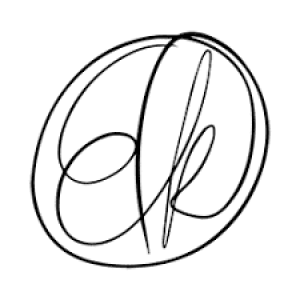
Our whole lives are predicated on relationships. They facilitate our professional interactions and define our personal lives. I don’t think there’s anybody who wishes they didn’t have a better grasp of how to maintain and engage in better relationships and handle them in a more harmonious way. Somebody asked me the other day about it and it put me on the spot. I started to think through the connective thread that defined my best and worst relationships.
I think the most honest thought that popped up was “you don’t need to win every battle or care for that matter.” Ultimately, a relationship can and should be seen as a long-term engagement (or occasionally a war, in blunt terms). Understanding the dynamic between both sides means we don’t look at specific interactions as defining moments. Instead, the goal is to stretch out these interactive points over a greater period of time, hoping to eventually arrive at stability where individual peaks and valleys disappear in the rolling hills that become the average.
The counter-argument to stability and foundation is that it reinforces boredom and expectation. This is entirely true: it’s why we lose focus, become jaded and leave things behind. Understanding where and when to push for what you believe in, versus when to fall back are personal parameters everyone needs to define for themselves. Accept that only you can define them.
This leads me to ask how much does a relationship’s quality rely on you yourself and an understanding of what you believe in and what you truly care about? If you personally don’t know what you stand for, everything (or nothing) seems important and it essentially breaks the two-way interaction of what creates meaningful relationships. There are a ton of other points that exist in the periphery, but making moves is fundamentally about understanding your position and place amidst an ever-evolving number of relationships. Easy in theory, difficult in the execution.
Humans can be volatile and uncertain, but a big part of this idea is that understanding the mechanism allows you to establish stronger bonds. Being okay today is fine, but the goal is to be better for tomorrow. On a final note, we’re about to launch a few new products at MAEKAN. Our twice-a-week MAEKAN Briefing will get a nice little cosmetic face-lift while we have an online store in the works (launch TBD).
The Briefing is one of our most important and popular products, but the current layout felt generic and lacked personality. As such, we wanted to give our audiences something more appealing to look forward to. It’ll be the same great content, packaged in a more engaging way. The store is an interesting opportunity for us to explore the role of product in our lives and the feedback loop it happens to close.
Most things start with content today, but product serves as the trigger that makes things whole and “real” to many. That’s not to say that there isn’t something deeper going on that we’re thinking about in terms of what product means today amidst the consumerism and climate crisis that’s staring down at us. We often say, “we don’t have all the answers,” but we are acutely aware of the world we’re living in and where we’re going. All I can say is, stay tuned to see how MAEKAN continues to grow to empower more creative communities.

Eugene Kan
Editor-in-Chief
























